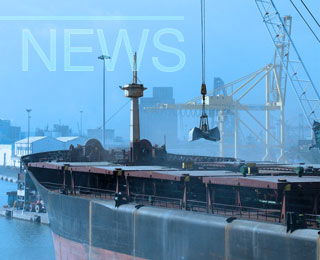The increase in coal prices is likely to affect the margin of cement companies in Pakistan, particularly those who have captive power plants based on imported coal. According to Research House report, the demands for coal may vary subject to international factors in coming months.
International coal prices posted a surge of 34 per cent during FY18 to date mainly due to production constraints, low inventory levels and strong demand (spurred by cold weather) in China. Currently coal (Richards Bay) is trading at US$105/t. However, Bloomberg Consensus suggests that they are expected to average at US$86/77 t in 2018-19, as consumption is replenished by green energy in China. In addition to this, World Bank and other departments estimate coal prices to hover around US$85/t in 2018.
Factors impacting coal demand
On demand side, the research house presumes that long-term outlook for coal appears bleak on the back of 1) political and social opposition to limit CO2 emissions worldwide, 2) cheap and accessible gas displacing coal in USA and China, 3) air pollution and health concerns and 4) rising proportion of green energy in energy mix.
However, oil supply cuts due to imposition of sanctions on Iran, US-China trade war, crude oil supply cuts in Venezuela and more than anticipated demand by energy-hungry Asian economies ie, India and Indonesia may stir coal prices again.

USG Supramax freight market under pressure of major uncertainties
In the USG Supramax freight market, uncertainty was the common denominator throughout the whole ...